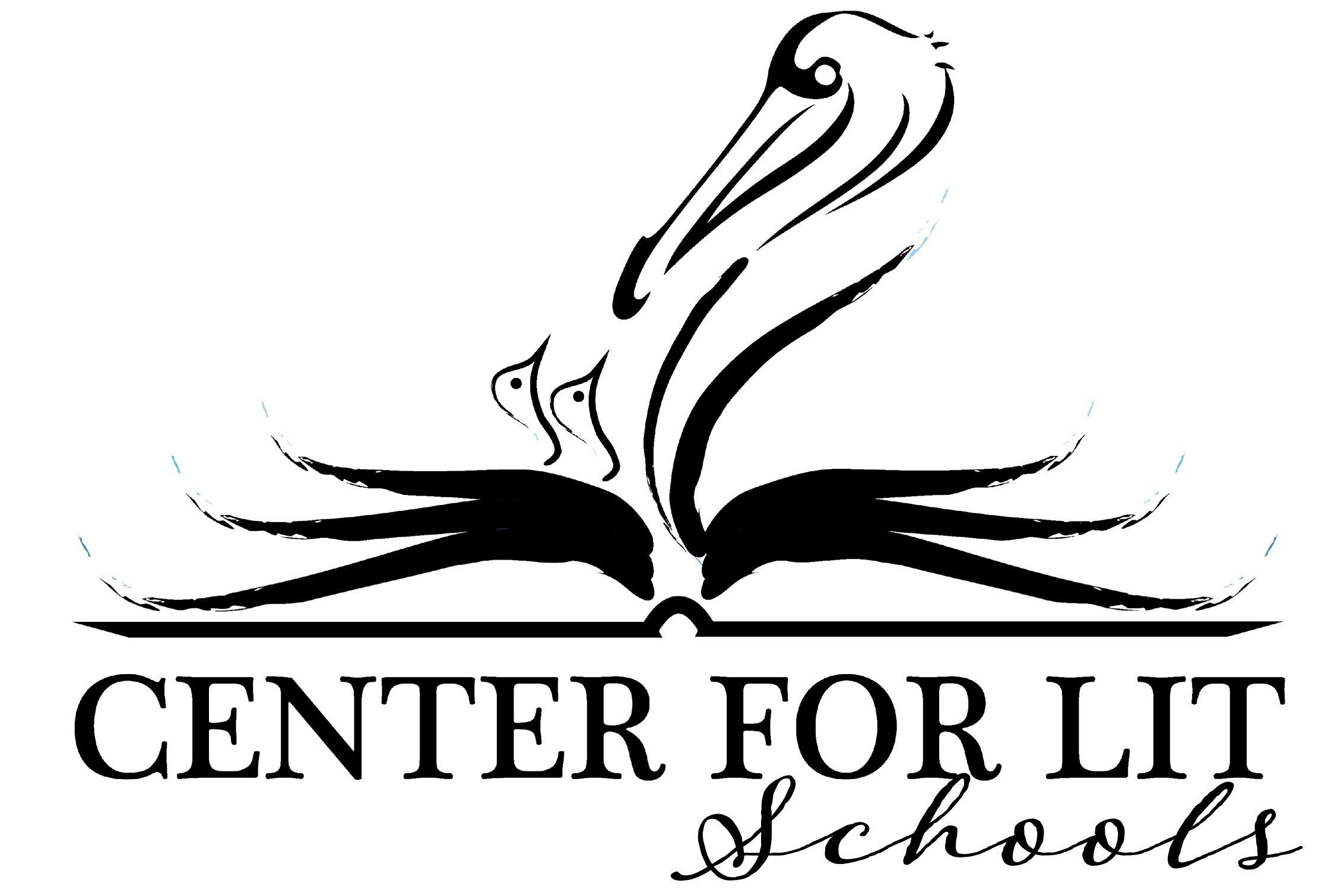
The following outline presents a sortable overview of the literary core skills (28 “G” or Grammar, 15 “L” or Logic, 24 “R” or Rhetoric) and their accompanying assignments. Each assignment has been designed to encourage the student to practice its parent skill.
The skills have been sorted according to the Grammar, Logic, and Rhetoric stages. This division does not correspond to the age of the student. Rather, the stage of the trivium suggests the nature of the skill being taught. High school students will need to practice Grammar skills. Some elementary students may be ready to take on Logic-level literary interpretation. Rhetoric-level skills assume Grammar and Logic skills as a foundation.
Click the “+” next to a literary core skill to find a drop down menu of relevant assignment templates. Select the Info Page to learn more about that core skill, or select an assignment for further description, downloadable templates, and completed examples.
-
-
-
-
G4.1 Recitation Exercise: Define Stages of Plot
G4.2 Reading Quiz: Fill in the Blanks
G4.3 Short Answer Exercise: Exposition
G4.4 Short Answer Exercise: Rising Action
G4.5 Short Answer Exercise: Climax
G4.6 Short Answer Exercise: Dénouement
G4.7 Short Answer Exercise: Conclusion
G4.8 Short Answer Exercise: Rising Action Transition
G4.9 Identification Exercise: Label Stages of Plot
-
-
-
G7.1 Reading Quiz: ID/Selection Exercise
G7.2 Drawing Exercise: Character
G7.3 Short Answer Exercise: Character Description
G7.4 Cast List Exercise: Physical Descriptions
G7.5 Cast List Exercise: Personalities
G7.6 Cast List Exercise: Motivations
G7.7 Creative Writing Exercise 1: Characters
-
-
-
-
L1.1 Recitation Exercise: Discuss Plot
L1.2 Reading Quiz: 3-Sentence Quotation Categorizing Plot
L1.3 Story Chart Exercise: Relate Climax, Conflict, and Theme
L1.4 Short Answer Exercise: Relate Exposition to Theme
L1.5 Short Answer Exercise: Relate Rising Action to Theme
L1.6 Short Answer Exercise: Relate Climax to Theme
-
L4.1 Recitation Exercise: Discuss Setting
L4.2 Reading Quiz: 3-Sentence Quotation Discussing Setting
L4.3 Short Answer Exercise: Relate Local Setting to Theme
L4.4 Short Answer Exercise: Relate Temporal Setting to Theme
L4.5 Short Answer Exercise: Relate Social Setting to Theme
L4.6 Short Answer Exercise: Relate Historical/Intellectual Setting to Theme
-
L6.1 Creative Writing Exercise: Use Literary Devices
L6.2 ID/Selection Exercise: Define Literary Devices
L6.3 ID/Selection Exercise: Identify Literary Devices
L6.4 ID/Selection Exercise: Define Literary Genres
L6.5 ID/Selection Exercise: Identify Literary Genres
-
-
R6.1 Oral Presentation Exercise: Theme of Current Title
R6.2 Reading Quiz: 3-Sentence Quotation Discussing Plot Point in Assigned Reading
R6.3 Reading Quiz: 3-Sentence Quotation Illustrating Theme in Assigned Reading
R6.4 Reading Quiz: 3-Sentence Quotation discussing Character Development in Assigned Reading
R6.5 Reading Quiz: 3-Sentence Quotation Discussing Conflict in Assigned Reading
R6.6 Reading Quiz: 3-Sentence Quotation Discussing Setting in Assigned Reading
R6.7 Short Answer: Illustrate the Use of Rhetorical Devices in Assigned Reading
-
-
-
-
-
-
-
-
-
R21.1 Short Answer Exercise: Explain General Theme of Current Title
R21.2 Short Answer Exercise: Explain Specific Theme of Current Title
R21.3 Interpretive Question Exercise: Discuss Universal Idea Using Current Title
R21.4 Story Chart Exercise: Relate Title’s Themes to Universal Idea
R21.5 Short Answer Exercise: Relate Title’s Characters to Universal Idea
-
-
-
